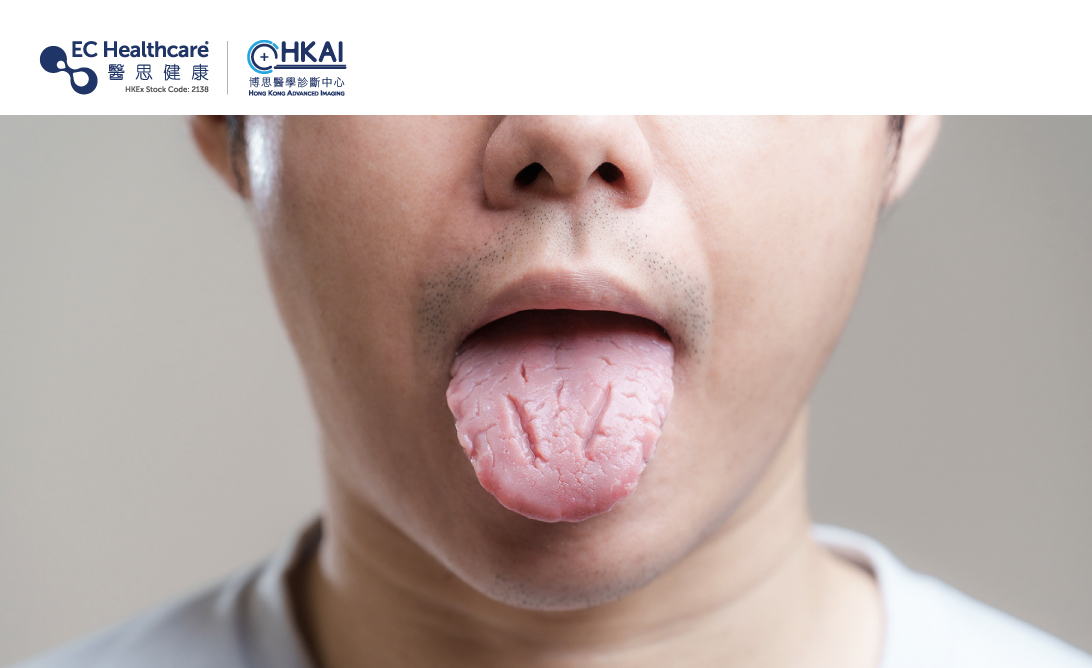A Dry Mouth Could Be a Sign of Diseases


Everyone experiences a dry mouth and thirst at some point. This is often a problem caused by inadequate water intake, but if it persists for a long time, it could be a sign of an underlying disease. If we can detect and treat these conditions early on, we can prevent their development into more serious health issues.
What is a dry mouth?
A dry mouth occurs when there is insufficient moisture in the oral cavity, resulting in symptoms such as dry oral mucosa, dry lips, dry tongue, and bad breath. A dry mouth can be caused by various factors such as medication side effects, prolonged speaking or breathing dry air, poor diet, and lack of water intake.
A dry mouth could be a symptom of these diseases:
Dry eyes
Dry eyes are caused by insufficient lubrication on the eye surface, leading to dryness, grittiness, pain, and blurred vision. This disease often occurs together with a dry mouth and often affects middle-aged women.
Diabetes
Diabetes is a common metabolic disease characterized by the body's inability to properly use and store glucose, leading to elevated blood sugar levels. Patients often experience a dry mouth due to frequent urination and dehydration resulting from high blood sugar levels.
Autoimmune diseases
Autoimmune diseases are a group of diseases characterized by the body's immune system attacking its own tissues and organs. These diseases, such as rheumatoid arthritis, lupus and Sjogren's syndrome, often cause a dry mouth in patients.
Medication side effects
Some medications may cause a dry mouth as a side effect, such as antidepressants, antihistamines, diuretics, and chemotherapy drugs.
Methods to prevent and treat a dry mouth
Drink enough water
Maintaining sufficient water intake is the most effective way to prevent a dry mouth. You should drink enough water and maintain water balance in your body to prevent the symptoms of a dry mouth.
Maintain oral hygiene
You should brush your teeth and use mouthwash and mouth sprays regularly to maintain your oral hygiene, which can help reduce the symptoms of a dry mouth.
Avoid irritating foods and drinks
You should avoid foods or drinks with caffeine, alcohol or strong flavors as they can make your mouth drier.
Adjust your medication dosage
If patients are taking medications that may cause a dry mouth, they can discuss with their doctor about reducing the dosage or switching to other medications.
If you constantly experience a dry mouth, please consult a doctor for accurate diagnosis and treatment.
Related Brands



